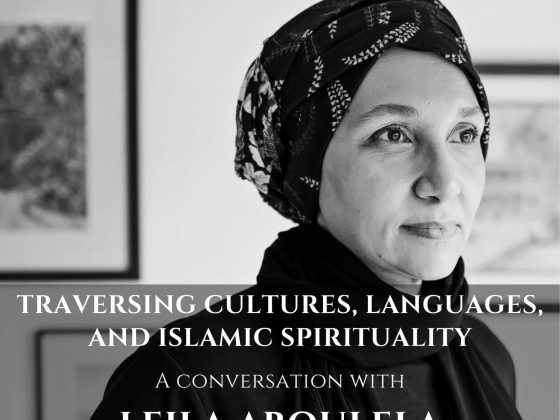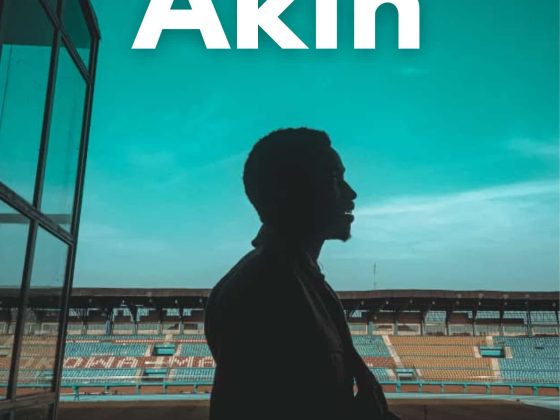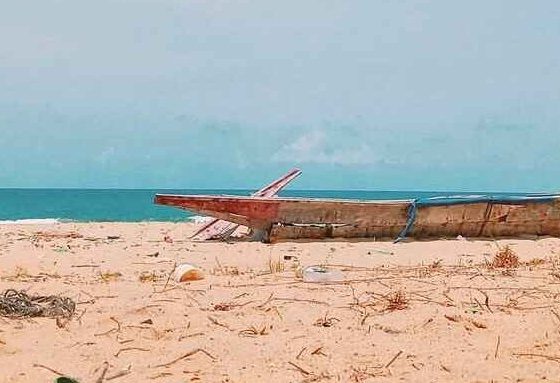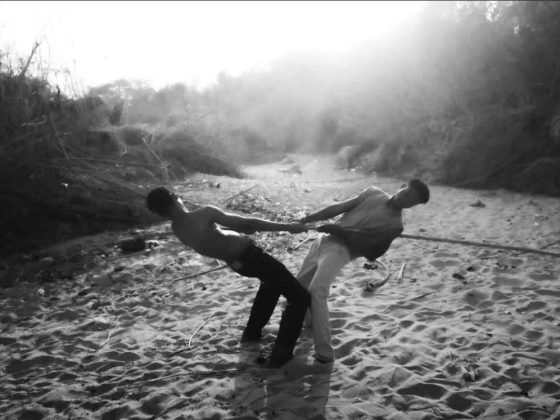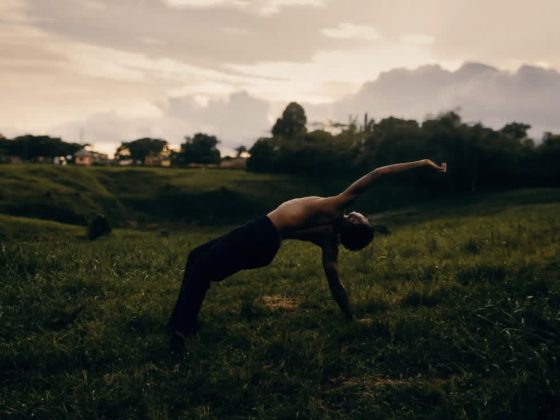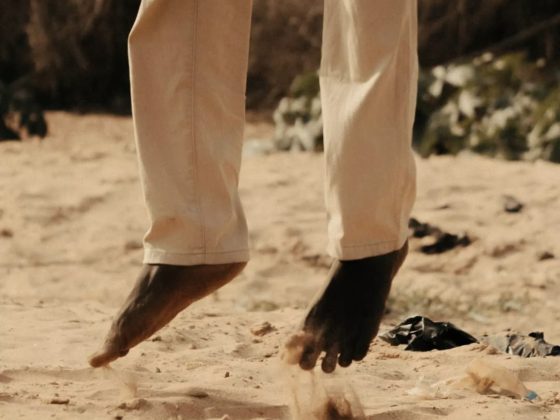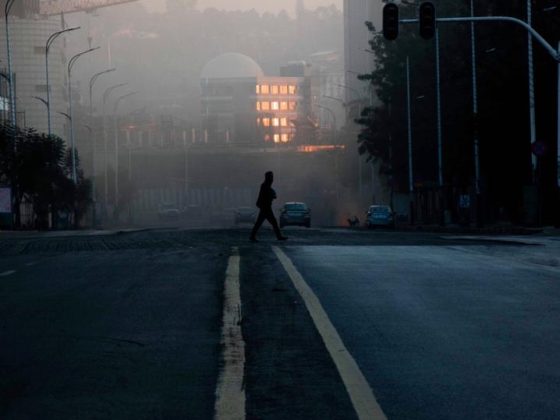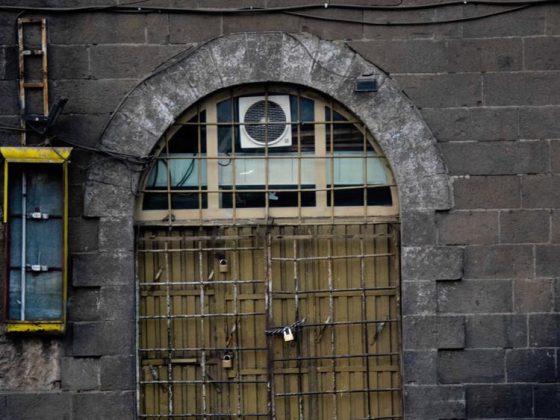
Dahlia and Farah sat at a table which overlooked the garden. Their placemats had pictures of zebras and paper napkins in leopard prints. There was no one else in the dining room although some of the other tables showed signs that people had finished their breakfasts and gone.
Farah said that the jam was poor quality and so was the toast. She showed Dahlia what she had found in her porridge. Something beige, crescent shaped and hard. “I think it’s Julie’s fingernail,” she whispered. Julie, the proprietor, was a slim woman in her sixties, with a sharp haircut and a smile more optimistic than the profit she was probably making from her business. Last night she had welcomed the two women as if they had popped out of her television set.
Dahlia laughed. “Julie’s nails are painted plum. I think.”
Farah made a face, “I must look closely at her nails.”
Dahlia was hungry but felt she wasn’t entitled to more toast. Farah was more talkative than usual, “I’ve been thinking about that game you wanted us to play yesterday. If hypothetically, we were allowed one sin that didn’t have repercussions in this world or the next, what would I choose to do?”
Dahlia resisted the seriousness of Farah’s tone. “It was meant to be light-hearted.”
“But your question assumes that we want what is forbidden. It also assumes that what is forbidden is pleasurable.”
“Isn’t that the case?”
“Not always. But sometimes what is forbidden is desirable simply because it is forbidden. So it is highlighted and we become attracted to it. Here’s a story. A little boy is told by his grandfather, ‘There is an electrical socket in this room which is very dangerous. You mustn’t touch it or come near it.’ ‘Where is it?’ asks the boy. ‘I’ve never seen it.’ So the grandfather lifts up the sheet that’s hanging off the bed and, with difficulty, crouches down on his hands and knees. The boy copies him. ‘There,’ the grandfather says, pointing in the dark. ‘Where?’ says the boy. ‘There, it is hidden away. See it now?” The boy nods and the grandfather says, ‘Good. Never ever go near it.’”
“Don’t tell me,” Dahlia said shaking her head. “I can guess where this is heading.”
“To an accident. That’s where it’s heading. The boy didn’t even know about the socket. But once he knows, he can’t keep away. He’s a typical curious child. As for us adults, chafing against restrictions gets us nowhere. Besides, there are other kinds of sin that have nothing to do with enjoyment. There is malice and envy, being angry and feeling hatred or feeling superior or deliberately harming others.’
“True,” said Dahlia. She was not only subdued but conscious of a tilt in her relationship with Farah. Usually she was the one who knew more and better.
As if reading her mind, Farah explained, “I was never religious. All the years growing up, the time I was concentrating on my career up until I got married and had Safiyah. And I had her quickly – ten months after the wedding. Then when she was born, so unwell, so different, everything changed. I changed. For the first time ever, I felt terribly helpless. I became conscious of a power greater than myself. I wasn’t self-sufficient, I wasn’t empowered. At first I was praying for Safiyah to get better, for some kind of miracle and then it dawned on me that Safiyah was a miracle in herself. Her imperfection was a deliberate creation, not a mistake. Allah had not forgotten her or overlooked her or blotched up her body, no, He had made him like this on purpose whether I liked it or not.”
Dahlia told Farah how yesterday her children had ordered pepperoni pizza behind her back. With mum away and dad working late, the older children had consumed pork with relish.
‘’Please, please, please don’t tell them I told you. Pleeeease, promise, promise. I will get in trouble for snitching. I didn’t have any and I’m hungry now.‘’ This had been her youngest on the phone in a wail of genuine deprivation which diffused Dahlia’s righteous anger.
It was not her first time to feel disappointed in her children. Had she brought them up wrong? A part of her despised them for their weakness. She felt ashamed that they were less than perfect, less than good. She had phoned and put in a delivery order for another pizza. Margherita this time. For the youngest who hadn’t eaten the peperoni.
Farah did not laugh. “Would you rather not have known?”
“Yes,” Dahlia said. “To be honest, I would rather not have known.”
“That’s a good sign. It means that you’re angry not because you have been disobeyed but because they did wrong.”
“Isn’t it the same thing?”
“No, it’s different. One is about you and one is about them.”
“So what should I do?”
“Forgive them.”
Dahlia crushed the paper napkin she had been fiddling with. Such an ugly napkin with its tacky leopard print. A conversation like this with anyone else would be unthinkable. Imperfect children were what she and Farah had in common.
Julie bustled in carrying extra toast. Friendly and chatty now, she asked them if everything was alright with their breakfast, if they needed anything else. “So you’re off to the Abbey,” she said, moving the salt and pepper shakers out of the way. “It’s not my kind of place but seems to be popular this time of year.”
Dahlia, needing a break from the kind of small talk that was part of her daily exchange at the clinic, did not care to contribute. Farah, to whom a conversation with a stranger was novel, asked, “Why not? Why isn’t it your kind of place?” She sounded intense and Julie paused, the slightest bit taken aback. Then she rallied and said, “Monasteries, churches, even if they’ve been converted – there is no joy in them, nothing cheerful. To each their own, of course, but religion and I don’t get along.”
“Don’t you believe in an afterlife?” asked Farah.
Julie shrugged. “In Hell I do. It’s Heaven which is far-fetched.’’
Dahlia and Farah both stared at her nails. They were a deep plum.
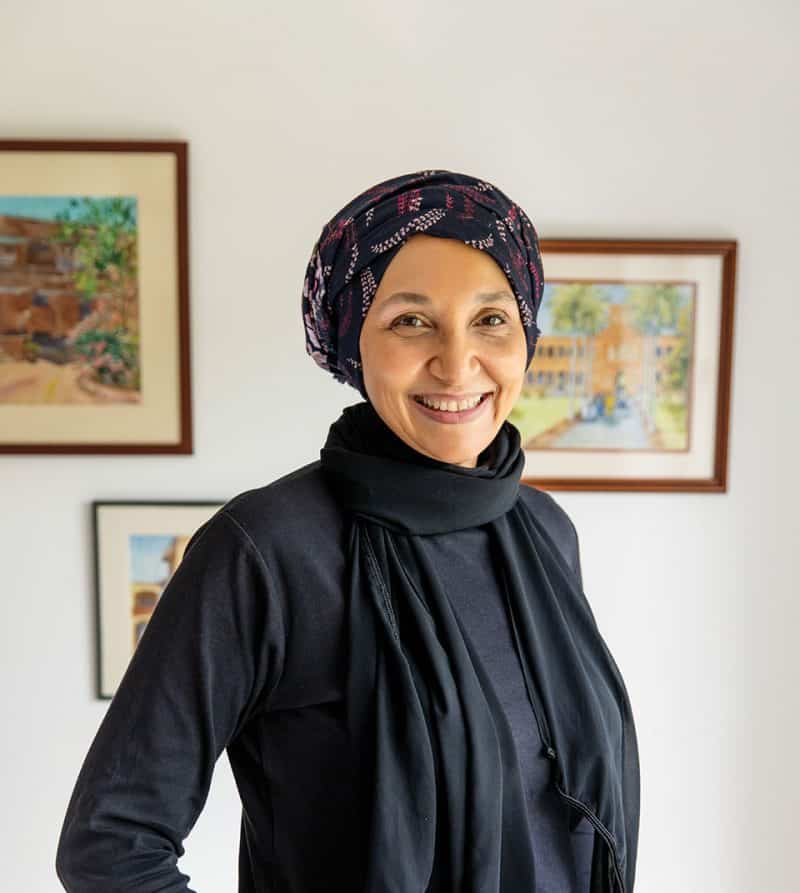
Leila Aboulela
is the author of five novels, Bird Summons, The Translator, a New York Times 100 Notable Books of the Year; The Kindness of Enemies, Minaret, and Lyrics Alley, Fiction Winner of the Scottish Book Awards. She was the first winner of the Caine Prize for African Writing, and her latest story collection, Elsewhere, Home won the Saltire Fiction Book of the Year Award. Leila’s work has been translated into fifteen languages, and she was long-listed three times for the Orange Prize (now the Women’s Prize for Fiction). Her plays, The Insider, The Mystic Life, and others were broadcast on BBC Radio, and her fiction included in publications such as Freeman’s, Granta and Harper’s Magazine. Leila was born in Cairo, grew up in Khartoum and moved in her mid-twenties to Aberdeen. She is Honorary President of SSSUK-the Society for the Studies of the Sudans, UK, and a trustee of Jalada, a pan-African writers’ collective. Her sixth novel, River Spirit, is due for publication in 2023.


